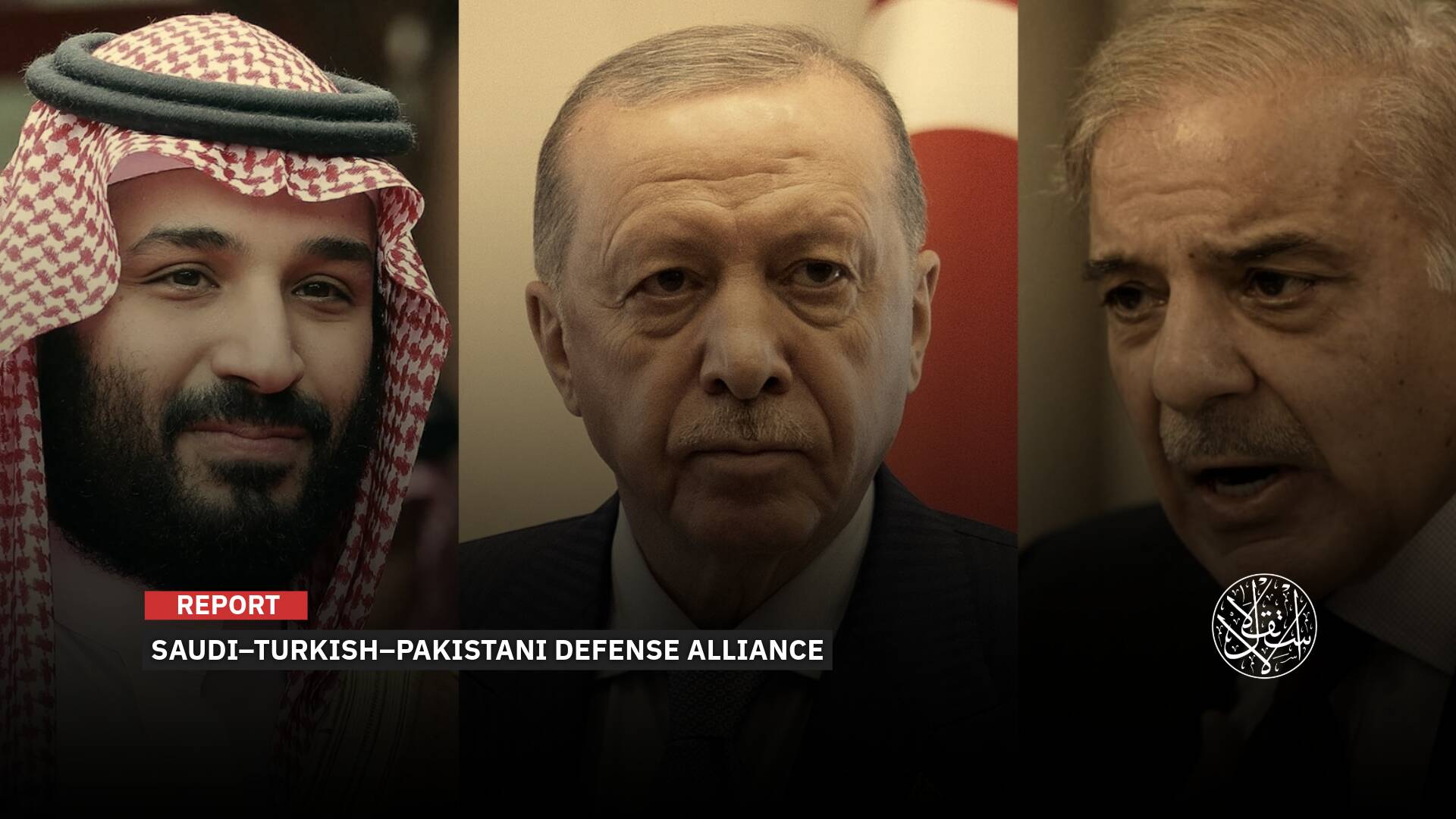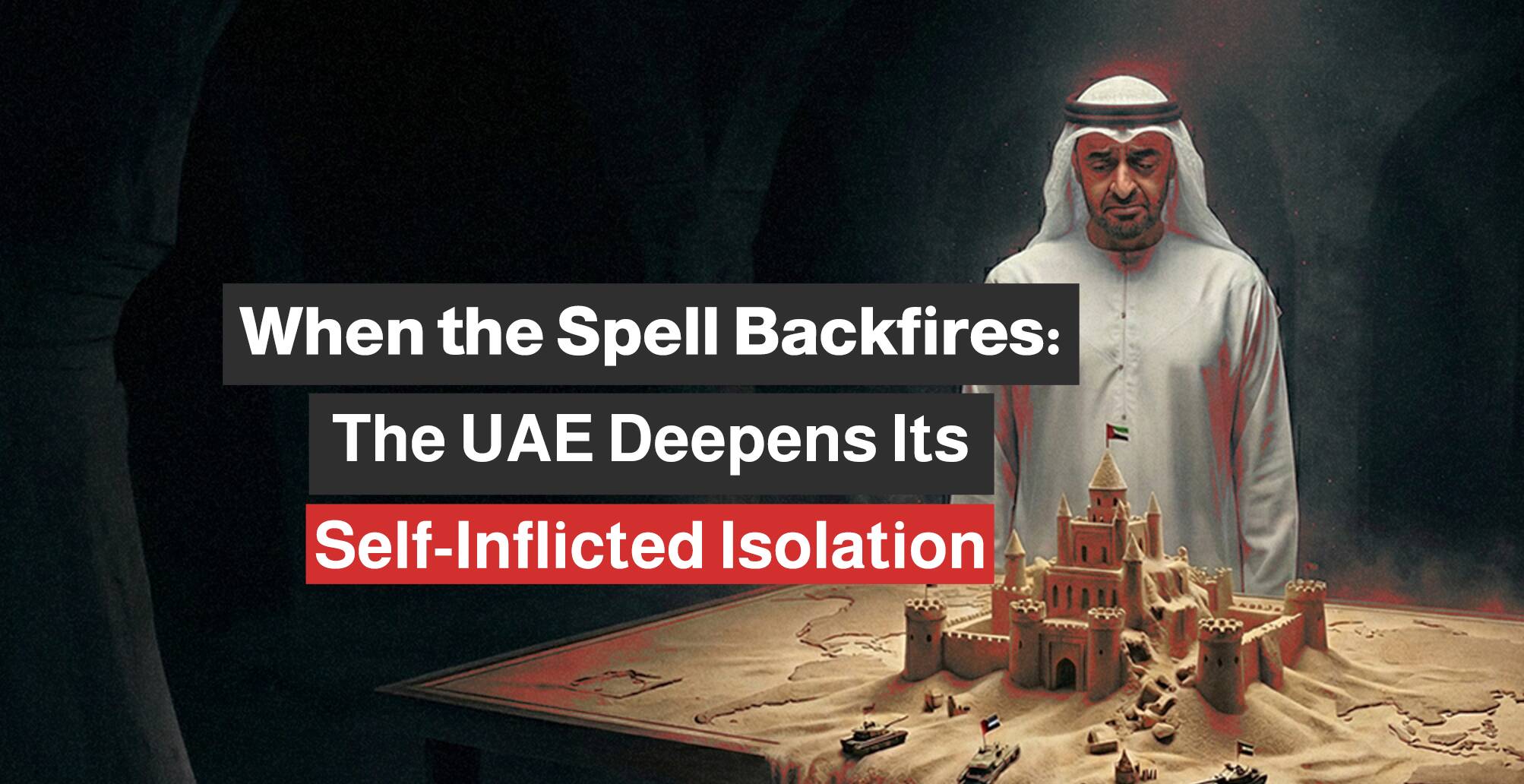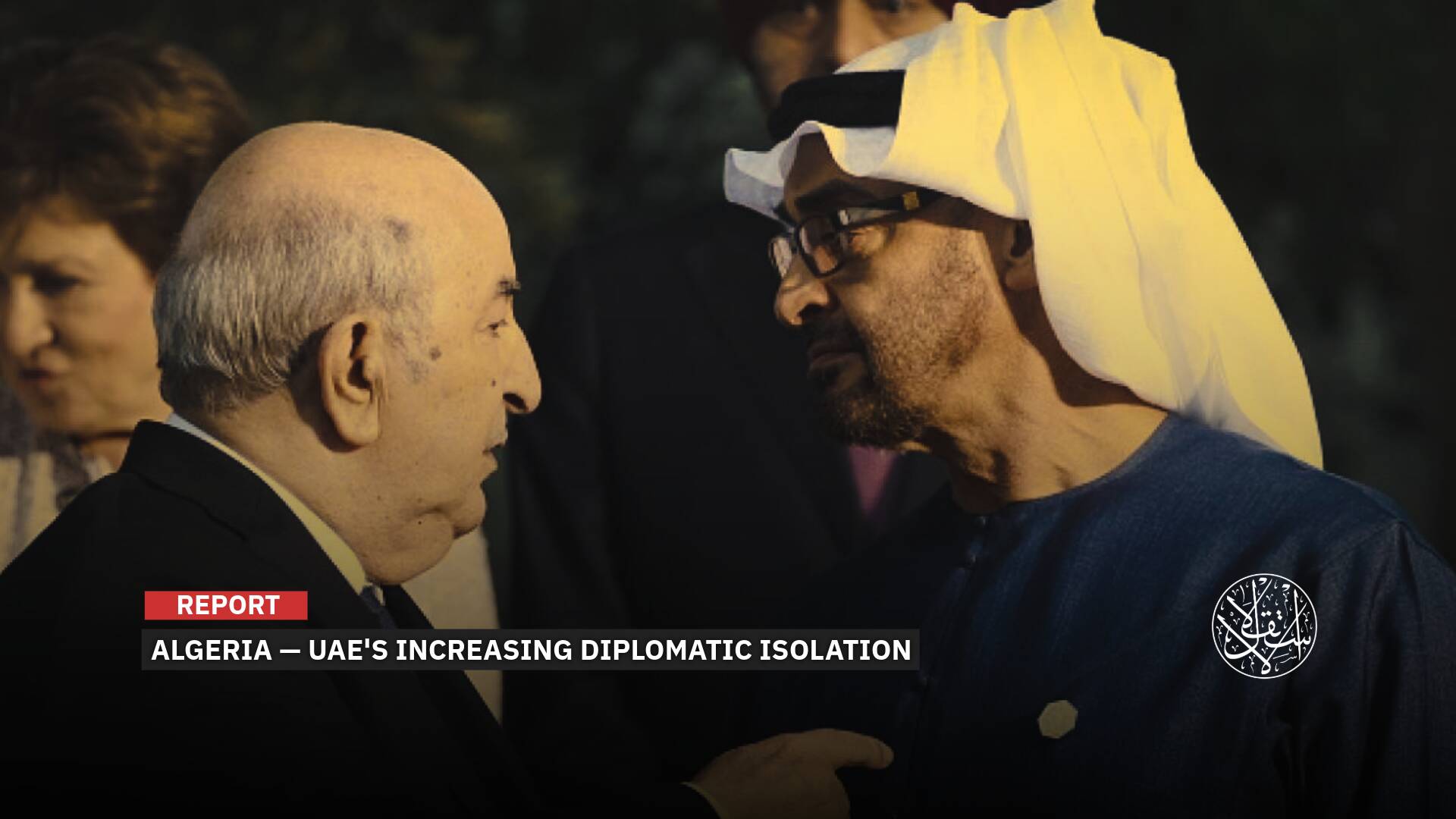Despite Massacres and Pressure, Why Won’t Gaza Lay Down Its Arms at the Negotiating Table?

The public rejection is based on the belief that Palestinians consider the Resistance’s weapons a sacred right.
Disarming the Palestinian Resistance has become one of the Israeli Occupation’s declared conditions for ending its assault on Gaza—a demand that has been repeatedly echoed in Tel Aviv amid mounting American and European pressure to stop the war.
In a recent statement on May 19, Israeli Prime Minister Benjamin Netanyahu reiterated that “the war could end if the captives [58 people, both alive and deceased, held in Gaza] are released, Hamas lays down its arms, its leaders are exiled, and Gaza is isolated.”
“Israel” escalated its attacks on civilians in mid-May with the launch of “Operation Gideon’s Chariots,” aimed at fully occupying the Gaza Strip. It announced that disarming Hamas and other Palestinian factions was its main condition for halting the bloodshed.
Hamas rejected the demand, along with a broad segment of Gaza’s population, who view giving up arms as a prelude to genocide, mass displacement, and the complete occupation of Gaza—ultimately allowing “Israel” to carry out its core plans.
This stance by Palestinians in Gaza has frustrated the Israeli Occupation, which had banked on breaking the popular support base of the Resistance from the early days of the war.
Observers say the public rejection stems from the belief that the people are the Resistance, and preserving its weapons is a sacred right as long as the occupation exists.

Sacrifice for the Resistance
“Israel” has sought to make the people of Gaza pay a heavy price for their longstanding support of the Resistance, carrying out brutal massacres targeting civilian homes.
This genocide aimed to pressure society into abandoning armed struggle and to isolate anyone supporting the Resistance by killing them, along with their families and those around them.
Yet, what cameras captured of hundreds of survivors and wounded emerging from the rubble told a different story, reflecting the Israeli Occupation’s horrible failure of its criminal strategy. Many could be heard chanting, “For the Resistance, for Occupied Jerusalem, and for Palestine,” pledging vengeance on the Israeli leaders—vengeance they say will grow with future generations who have lived through massacres, displacement, orphanhood, and homelessness.
Contrary to Israeli expectations, after the ceasefire on January 19, 2025—which was later broken by “Israel” two months later—Gaza’s destroyed streets were adorned with Palestinian flags and banners of the Resistance.
During the two-month truce, scenes of Israeli captives being handed over reinvigorated public trust in the Resistance. Armed fighters were greeted with cheers as their vehicles passed through the streets.
This further exposed the failure of the Israeli Occupation’s propaganda war, waged alongside its military assault. Tel Aviv had flooded social media with Arabic and local voices aligned with the Palestinian Authority, attempting to sway public opinion in Gaza—but to no avail.
Nearly 600 days into the war, and after more than 50,000 Palestinians have been killed, the people of Gaza remain adamant: the Resistance's weapons are not up for negotiation.
Talks and diplomatic efforts to end the war dominate the public discourse, but any suggestion of disarming the Resistance is met with strong rejection. People warn of the devastating consequences such a move would bring.
This rejection was powerfully expressed in mass marches in northern Gaza in mid-April 2025, as Palestinians reaffirmed their refusal to surrender the Resistance’s arms.
The walls of Gaza have been covered with slogans rejecting any negotiation over the Resistance’s weapons. One resident wrote on his house: “I’ll sell my home to arm the Resistance,” while another declared, “The Resistance’s weapons are our pride; giving them up is betrayal.”

Gazans Speak Out
Al-Estiklal surveyed displaced Palestinians in the al-Mawasi area of Khan Younis in southern Gaza, gathering their views on Israeli Occupation’s condition that the Resistance disarm in exchange for ending the war.
Abu Khaled Jaber said the Resistance’s weapons are the only guarantee for preserving the Palestinian cause. “Handing them over would mean surrendering to the Israeli Occupation forever, recognizing its right to exist, and denying ourselves the right to self-defense, no matter what happens,” he told Al-Estiklal.
“Disarming the Resistance won’t bring peace,” he added. “It will only replace the Merkava tank with an army jeep, just like in the West Bank, raiding cities and camps at will, killing and arresting without fear. Surrendering weapons won’t stop the killing; it will only add humiliation and disgrace.”
Jaber emphasized that there is a broad popular consensus against giving up the weapons, and that even if such calls came from high levels, they would be firmly rejected by the people of Gaza.
Iman Hasanat shared a similar view: “The Palestinian people have only found dignity through the Resistance and its weapons. That’s what made us stand out as fighters and revolutionaries against injustice. Netanyahu won’t gain through negotiations what he failed to achieve in war.”
“In 1948 and 1967, we had no resistance, so we were defeated and brutalized,” she said. “And when the Resistance left Lebanon, the Sabra and Shatila massacres happened—some of them carried out with knives. We know the horror of what happened there.”
Her comments echo the memories of Palestinians who recall the 1982 Sabra and Shatila massacre carried out by the Israeli Occupation army, the South Lebanon Army, and the Lebanese Forces after PLO fighters withdrew from Beirut under international guarantees and white flags were raised.
Mohammed Muhaysin said he lost his wife, children, and only brother in Israeli massacres. “Giving up the weapons would be a betrayal to my family and to all those who lost loved ones in this war,” he told Al-Estiklal.
“Most of my family are now either dead or injured. I myself was wounded in the neck and legs, and I’m waiting for the war to end so I can seek treatment. I also lost my home,” he added. “After all these sacrifices, which we offer to God, we will never accept disarming the Resistance.”
Suhaib Majid, another young man, said that even though Hamas’s popularity may not be at its peak, its armed wing, the al-Qassam Brigades, and its weapons remain a red line for all segments of Palestinian society. “You’ll hear this everywhere, in displacement camps, markets, water lines, food queues, there’s a clear consensus on the sanctity of the weapons.”
“Netanyahu made this condition because he wants the war to continue. He knows it’s impossible for Palestinians to accept it.”

Grave Consequences
The widespread rejection among Palestinians of any discussion around disarming the Resistance stems from a shared belief: giving up armed struggle would grant “Israel” unchecked freedom to kill, abuse, and repress at will—without facing even the slightest threat or deterrent.
Political and strategic analyst Saeed Ziad warned that making the elimination of even the most basic form of self-defense a condition for peace reveals that “Israel” isn’t seeking reconciliation, “but rather the complete erasure of Palestinian existence in Gaza.”
“Demands for disarmament are typically made in the final stages of a conflict, following a decisive military victory that compels the adversary to surrender and comply. Such a scenario has not materialized in the ongoing war on Gaza,” he wrote in Middle East Eye.
“Israel’s demand, far from representing a position of strength, is a tacit admission of failure. Having failed to dismantle Hamas’s command structure and armed brigades through military means, it now seeks to do so through political pressure.”
“Armed resistance is not monopolized by Hamas; it is embedded in the broader social and political fabric of Palestinian life. To many Palestinians, resistance is not an ideological luxury, but an existential necessity, deeply rooted in a history of displacement, occupation and unfulfilled promises,” he added.
Echoing that sentiment, Nawaf al-Takrouri, Head of the Union of Palestinian Scholars Abroad, declared on May 3, 2025, that Palestinians in Gaza will never accept calls to disarm and surrender.
“This path has been tried before. It brought no dignity or honor, only devastating consequences. And the people know this well,” he said at a press conference.
The pressure to disarm the Resistance doesn’t only come from “Israel” and the United States. Several Arab states have also joined the push to strip Hamas and other factions of their weapons. In mid-April, Egypt presented a post-war plan for Gaza that explicitly included disarmament.
A senior Hamas official told Al-Jazeera that the movement’s delegation was surprised to find the latest Egyptian proposal included a clear clause calling for the Resistance to disarm.
Saudi Arabia and the UAE also reportedly conditioned their financial support for Gaza’s reconstruction on the complete disarmament of Hamas. According to Israel Hayom, this demand was raised during a meeting of Arab leaders in Riyadh in February 2025.
Yet all these efforts—Israeli, American, and Arab—continue to clash with a unified Palestinian stance: the Resistance’s weapons are sacred and non-negotiable.











